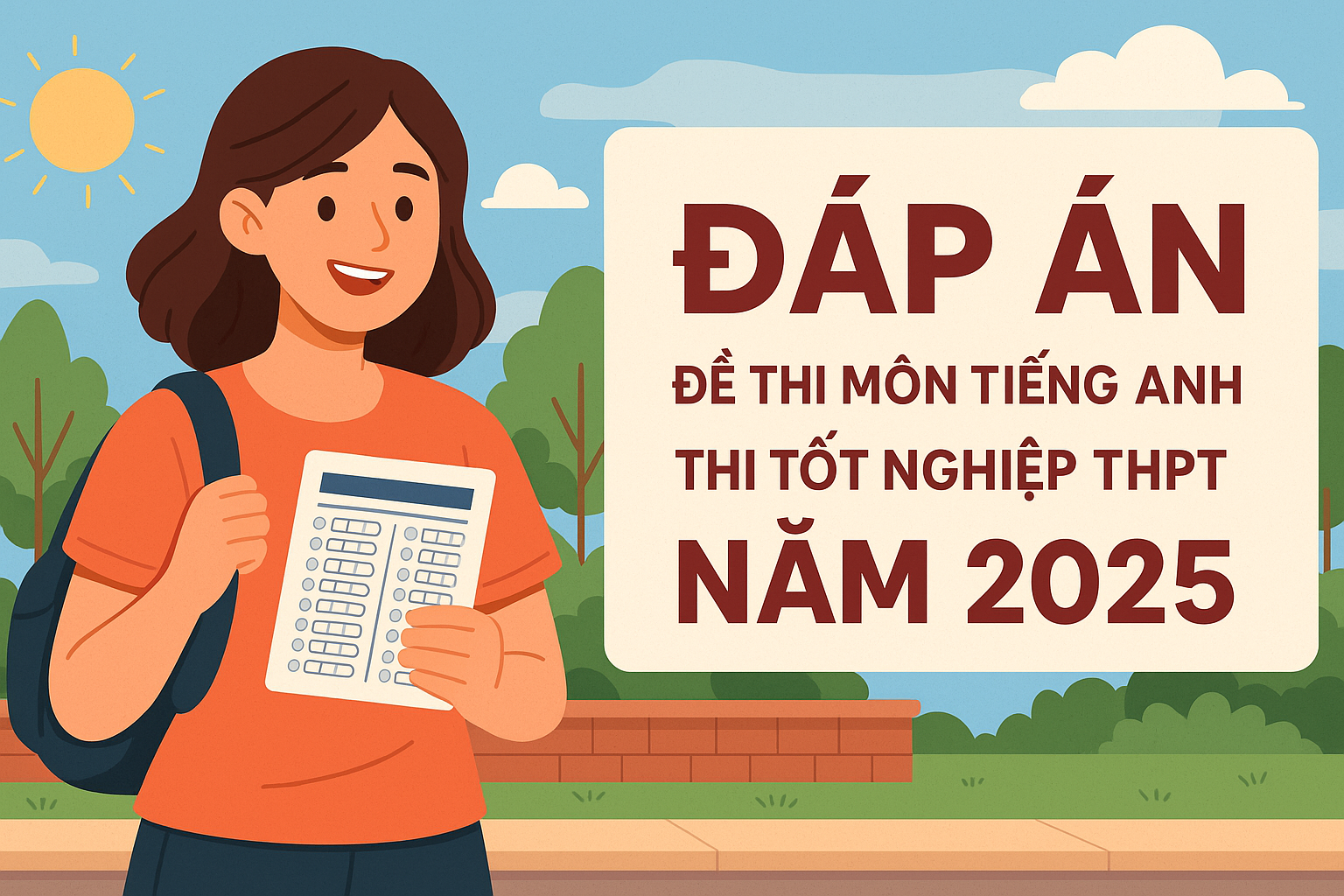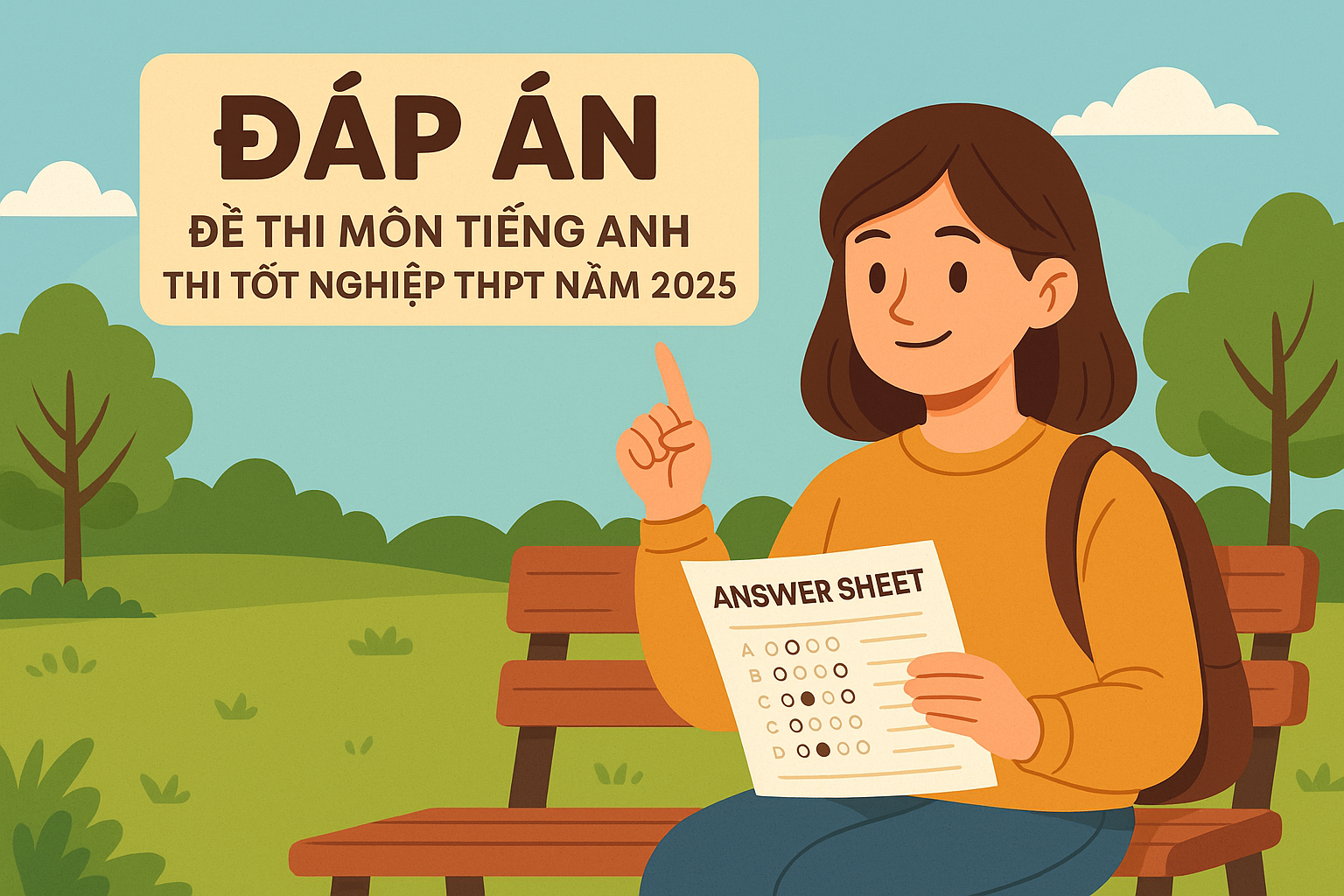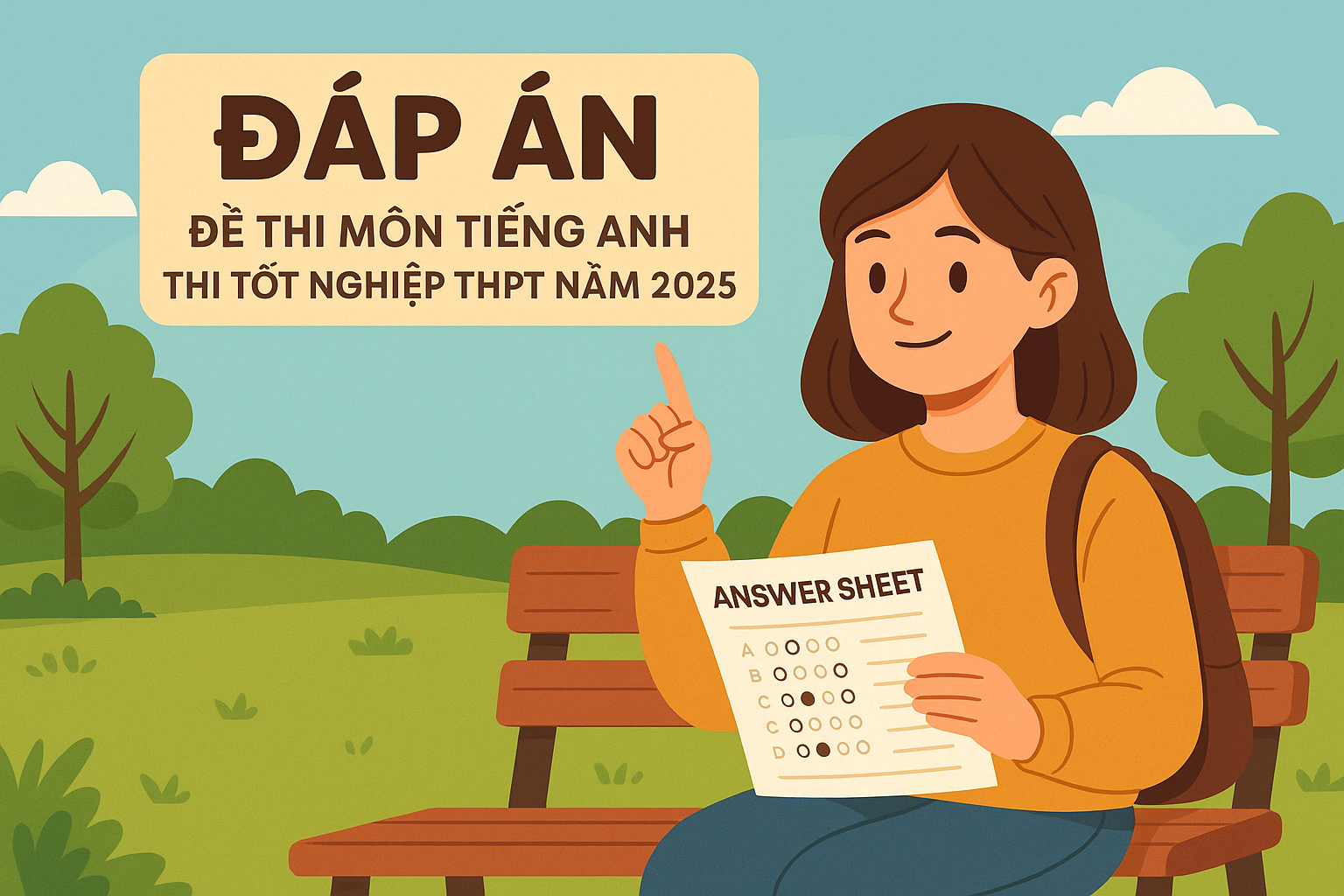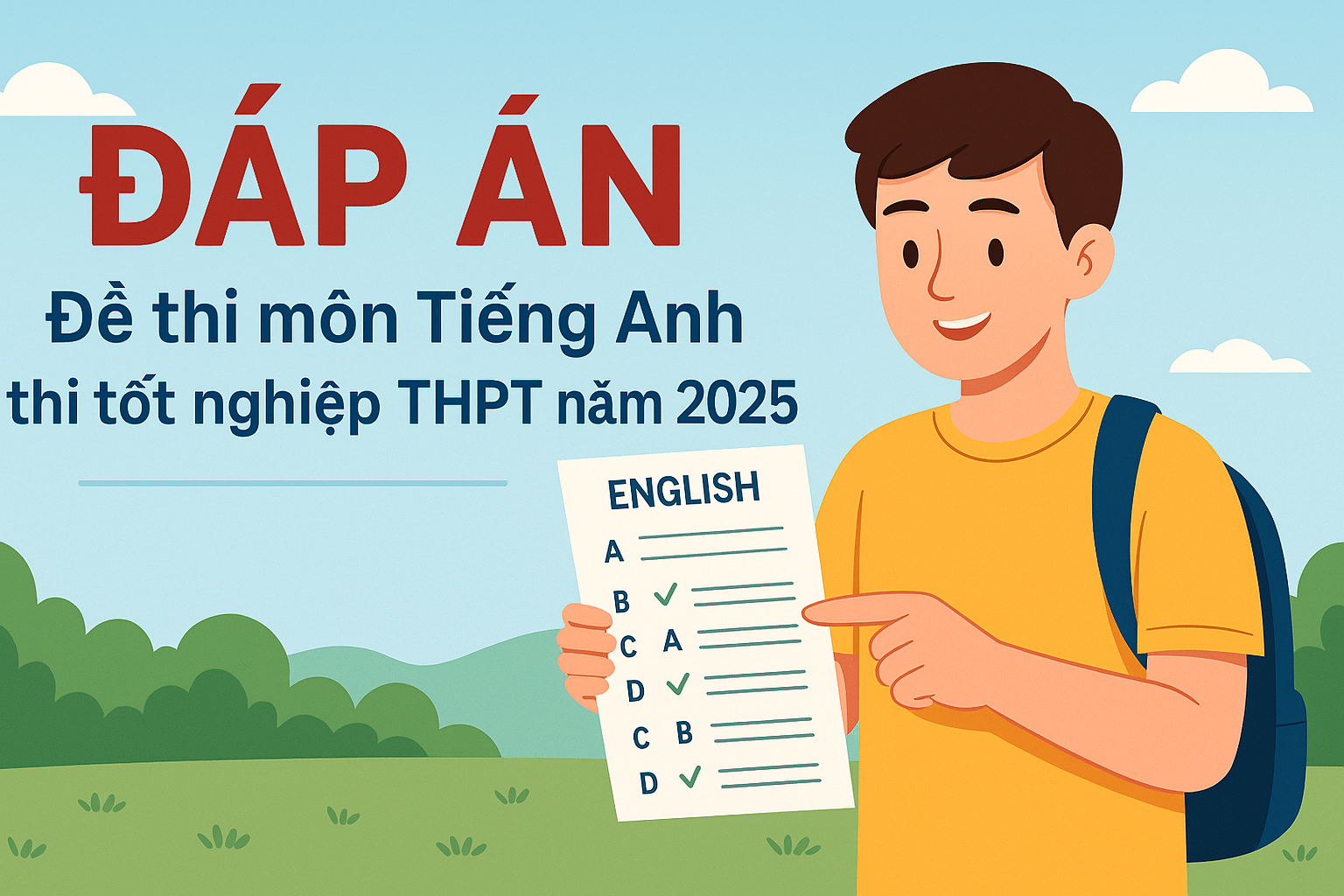Tổng hợp đầy đủ bài tập về Danh Từ trong tiếng Anh có đáp án
Mục lục[Hiện]
1. Ôn tập kiến thức về danh từ trong tiếng Anh
1.1. Định nghĩa danh từ là gì?
Danh từ trong tiếng Anh (Noun) là một trong những đơn vị quan trọng cấu thành câu, dùng để gọi tên sự vật, sự việc như con người, đồ vật, động vật, hiện tượng… Danh từ cũng được chia thành nhiều loại khác nhau và hãy cùng tìm hiểu các loại danh từ ngay sau đây nhé.
1.2. Phân loại danh từ
- Danh từ số ít và danh từ số nhiều
- Danh từ số ít là danh từ đếm được với đơn vị số đếm là một hoặc có thể là danh từ không đếm được.
Ví dụ. hat, water
- Danh từ số nhiều là danh từ đếm được có đơn vị số đếm bằng hoặc lớn hơn hai.
Ví dụ. pencils, tomatoes
- Danh từ đếm được và Danh từ không đếm được
- Danh từ đếm được là danh từ mà chúng ta có thể đếm bằng số và có thể thêm trực tiếp số đếm vào trước nó.
Ví dụ. book, table
- Danh từ không đếm được là danh từ mà chúng ta không thể đếm được trực tiếp và không thể thêm số đếm vào trước nó.
Ví dụ. sugar, milk
- Danh từ chung và Danh từ riêng trong tiếng Anh
- Danh từ chung trong tiếng Anh (Common Nouns) là danh từ chỉ sự vật, hiện tượng xung quanh chúng ta.
Ví dụ. chair, notebook
- Danh từ riêng trong tiếng Anh (Proper Nouns) là danh từ chỉ tên riêng của một sự vật (tên người, tên địa điểm, tên hiện tượng,…)
Ví dụ. Anna, New York
- Danh từ cụ thể (Concrete Nouns) và Danh từ trừu tượng (Abstract Nouns)
- Danh từ cụ thể là danh từ dùng để chỉ con người, sự vật tồn tại dưới dạng vật chất mà chúng ta có thể nhìn thấy, sờ thấy, cảm nhận được.
Ví dụ. meat, vegetable
- Danh từ trừu tượng là danh từ dùng để chỉ những sự vật không thể nhìn thấy mà chỉ có thể cảm nhận được.
Ví dụ. knowledge, experience
- Danh từ đơn (Simple Nouns) và Danh từ ghép (Compound Nouns)
- Danh từ đơn là danh từ chỉ bao gồm một từ duy nhất.
Ví dụ. pillow, blanket
- Danh từ ghép là danh từ gồm hai hay nhiều từ kết hợp với nhau. Danh từ ghép khi khi kết hợp có thể viết dưới dạng hai từ riêng biệt hoặc hợp lại thành một từ.
Ví dụ. mother-in-law, living room
1.3. Chức năng của danh từ trong câu
- Danh từ làm chủ ngữ trong câu: Khi làm chủ ngữ, danh từ thường đứng ở đầu câu và đứng trước động từ trong câu.
Ví dụ. Maths is my favorite subject. (Toán học là môn học yêu thích của tôi)
- Danh từ làm tân ngữ gián tiếp/trực tiếp của động từ: Khi đóng vai trò tân ngữ của động từ, danh từ sẽ đứng sau động từ:
- Danh từ là tân ngữ trực tiếp
Ví dụ. I want to buy a gift. (Tôi muốn mua một món quà.)
- Danh từ là tân ngữ gián tiếp
Ví dụ. He give his girlfriend a necklace. (Anh ấy tặng cho bạn gái chiếc vòng cổ.)
- Danh từ làm tân ngữ của giới từ: Khi đóng vai trò tân ngữ của giới từ, danh từ sẽ đứng sau giới từ.
Ví dụ. I look up to Mr.Tuan because of his extensive knowledge. (Tôi rất kính trọng thầy Tuấn bởi kiến thức chuyên sâu của thầy ấy.)
- Danh từ làm bổ ngữ cho chủ ngữ: Khi đóng vai trò bổ ngữ cho ngủ ngữ, danh từ đứng sau các động từ nối như be, become, seem, like…
Ví dụ. Mai becomes a good teacher. (Mai trở thành một cô giáo tốt.)
>>> ĐĂNG KÝ CÁC KHOÁ HỌC TIẾNG ANH
- Khóa học tiếng Anh: 1 Kèm 1 cùng giảng viên
- Khóa học giao tiếp 90 days chinh phục A2
- Khóa học dành cho người mất gốc
1.4. Vị trí của danh từ trong câu
- Danh từ làm chủ ngữ trong câu
Ví dụ. Dog like sitting in boxes. (Con chó rất thích ngồi bên trong những chiếc hộp.)
- Danh từ đứng sau động từ làm tân ngữ
Ví dụ. I love to eat meat. (Tôi rất thích thịt.)
- Danh từ đứng sau mạo từ
Ví dụ. A beautiful dress. (Một chiếc váy đẹp.)
- Danh từ đứng sau từ chỉ số lượng
Ví dụ. I need some mineral water. (Tôi cần một ít nước khoáng.)
- Danh từ đứng sau từ hạn định
Ví dụ. These new cars. (Những chiếc xe ô tô mới.)
- Danh từ đứng sau tính từ sở hữu
Ví dụ. Her blue dress is lovely. (Chiếc váy xanh của cô ấy thật đáng yêu.)
- Danh từ đứng sau giới từ
Ví dụ. This case in under investigation. (Vụ việc này đang được điều tra.)
1.5. Cách nhận biết danh từ
Bên cạnh các danh từ có sẵn trong tiếng Anh, danh từ còn được tạo nên khi thêm các hậu tố sau vào tính từ và động từ:
- -al : approve -> approval
- -ance/-ence : different -> difference
- -age : short -> shortage
- -er/-or : teach -> teacher, edit -> editor
- -ery : station -> stationery
- -ing : live -> living
- -ion : invent -> invention
- -ity/-ty/-y : able -> ability
- -ism : social -> socialism
- -ment : move -> movement
- -ness : happy -> happiness
- -ure : close -> closure
>>> Xem thêm bài viết:
- Danh Từ (Noun) trong Tiếng Anh: Tổng hợp tất cả kiến thức và bài tập có đáp án
- Phân biệt Danh Từ cụ thể và Danh Từ Trừu Tượng? Cách dùng chúng chính xác
- Danh từ chung là gì? Danh từ riêng là gì? Cách phân biệt và áp dụng vào bài tập thực tế
2. Tổng hợp các bài tập về danh từ trong tiếng Anh
Sau phần ôn tập ngắn gọn về danh từ, chúng ta hãy đến phần các bài tập của danh từ trong tiếng Anh nhé!
Task 1. Viết sang dạng danh từ số nhiều của các danh từ trong câu
1. These (person) ___________ are protesting against the president.
2. The (woman) ___________ over there want to meet the manager.
3. My (child) ___________hate eating pasta.
4. I am ill. My (foot) ___________ hurt.
5. Muslims kill (sheep) ___________ in a religious celebration.
6. I brush my (tooth) ___________ three times a day.
7. The (student ) ___________ are doing the exercise right now.
8. The (fish) ___________ I bought are in the fridge.
9. They are sending some (man) ___________ to fix the roof.
10. Most (housewife) ___________ work more than ten hours a day at home.
Đáp án:
1. people
2. women
3. children
4. feet
5. sheep
6. teeth
7. students
8. fish
9. men
10. housewives
Task 2. Sử dụng sở hữu cách để viết lại các câu sau
1. This is the notebook of Mary.
2. The tool of the mason is heavy.
3. She prepared the outfit of her children.
4. The coat of the boy was torn.
5. Mr. Van is the friend of Mr. Dong.
6. The windows of the house are green.
7. The caps of the boys are on the shelves.
8. The desks of the pupils are always clean.
9. He likes to read the poems of John Keats.
10. The house of my mother-in-law is in the country.
Đáp án:
1. This is Mary's book.
2. The mason's tool is heavy.
3. She prepared the children's outfit.
4. The boy's coat was torn.
5. Mr. Van is Mr. Dong's friend.
6. The windows of the house are green.
7. The boys' caps are on the shelves.
8. The pupils' desks are always clean.
9. He likes to read John Keats' poems.
10. My mother – in – law's house is in the country.
Task 3. Phân chia các danh từ sau thành hai loại danh từ đếm được và danh từ không đếm được để điền vào bảng bên dưới.
Person, smoke, water, sugar, car , tomato, dog, tea, apple, class, beer, soup, doctor, butter, cheese, house, housework, pen, cup, bread, happiness, bus, map, help, information, book, orange, window, advice, boy, hair, news, box, piano, boy, leaf.
Đáp án:
Danh từ đếm được: person, car, dog, apple, class, beer, doctor, house, pen, cup, bus, map, book, orange, window, boy, box, piano, tomato, leaf
Danh từ không đếm đếm được: Còn lại
Task 4. Chọn đáp án đúng
1. If you want to hear the news, you can read paper/ a paper.
2. I want to write some letters but I haven't got a paper/ any paper to write on.
3. I thought there was somebody in the house because there was light/a light on inside.
4. Light/a light comes from the sun.
5. I was in a hurry this morning. I didn't have time/ a time for breakfast.
6. "did you enjoy your holiday?" - "yes, we had wonderful time/ a wonderful time."
7. Sue was very helpful. She gives us some very useful advice/advices.
8. We had very bad weather/a very bad weather while we were on holiday.
9. We were very unfortunate. We had bad luck/a bad luck.
10. It's very difficult to find a work/job at the moment.
Đáp án:
1. a paper
2. any paper
3. a light
4. ligh
5. time
6. a wonderful time
7. advice
8. very bad weather
9. bad luck
10. a job
Task 5. Hoàn thành câu sử dụng những từ cho dưới đây. Sử dụng a/an khi cần thiết: accident, biscuit, blood, coat, decision, electricity, key, letter, moment, music, question, sugar
1. It wasn't your fault. It was...........
2. Listen!can you hear...........?
3. I couldn't get into the house because I didn't have ...........
4. It's very warm today. Why are you wearing...........?
5. Do you take .................in your coffee?
6. Are you hungry? Would you like ...........with your coffee?
7. Our lives would be very difficult without................
8. I didn't phone them. I wrote.............instead.
9. The heart pumps .....................through the body.
10. Excuse me, but can I ask you.............?
11. I'm not ready yet. Can you wait.............., please?
12. We can't delay much longer. We have to make .................soon.
Đáp án:
1. an accident
2. music
3. a key
4. a coat
5. sugar
6. a biscuit
7. electricity
8. a letter
9. blood
10. a question
11. a moment
12. a decision
Task 6. Viết sang số nhiều những từ trong ngoặc đơn
1. Study the next three (chapter).
2. Can you recommend some good (book)?
3. I had two (tooth) pulled out the other day.
4. You can always hear (echo) in this mountain.
5. They are proud of their (son-in-law).
6. Did you raise these (tomato) in your garden?
7. I think we need two (radio).
8. My (foot) really hurt.
9. The (roof) of these houses are tiled.
Đáp án:
1. chapters
2. books
3. teeth
4. echoes
5. sons-in-law
6. tomatoes
7. radios
8. feet
9. roofs
Task 7. Chữa những lỗi sai (nếu có) trong các câu sau đây.
1. There are many dirts on the floor.
2. We want more fuels than that.
3. He drank two milks.
4. Ten inks are needed for our class.
5. He sent me many foods.
6. Many golds are found there.
7. He gave me a great deal of troubles.
8. cows eat glasses.
9. The rain has left many waters.
10. I didn't have many luggages.
Đáp án:
1. There is much dirt on the floor.
2. We want more fuel than that.
3. He drank two glasses of milk.
4. Ten pens are needed for our class.
5. He sent me much food.
6. Much gold is found there.
7. He gave me a lot of trouble.
8. Cows eat glass.
9. The rain has left much water.
10. I didn't have much luggage.
Task 8. What do we call these things and people?
1. A ticket for a concert is a concert ticket.
2. Problems concerning health are health problems.
3. A magazine about computers is .......................
4. Photographs taken on your holiday are your ..........
5. Chocolate made with milk is ..........
6. Somebody whose job is to inspect factories is .......
7. A horse that runs in races is .......................
8. A race for horses is ................................
9. A horel in central London is ........................
10. The results of your exams are your .................
Đáp án:
3. a computer magazine
4. (your) holiday photographs
5. milk chocolate
6. a factory inspector
7. a race horse
8. a horse race
9. a central London hotel
10. (your) exam results
Task 9. Answer the questions using two of the following words each time
accident belt card credit editor forecast newspaper
number road room seat shop weather window
1. This can be caused by bad driving.
a road accident
2. If you're staying at a hotel you need to remember this.
your .......
3. You should wear this when you're in a car.
a ..........
4. You can often use this to pay for things instead of cash.
a ..........
5. If you want to know if it's going to rain you can read or listen.
the ........
6. This person is a top journalist.
a ..........
7. You might stop to look in this when you're walking along a street.
a ..........
Đáp án:
2. room number
3. seat belt
4. credit card
5. weather forestcast
6. newspaper editor
7. shop window
Task 10. Complete the sentences using the following
15 minute(s) 60 minute(s) two hour(s) five day(s)
two year(s) 500 year(s) six mile(s) six mile(s)
20 pound(s) five course(s) ten page(s) 450 pages(s)
Sometimes you need the singular and sometimes the plural
1. It's quite a long book. There are 450 pages.
2. A few days ago I received a ten-page letter from Julia.
3. I didn't have any change. I only had a .... note.
4. At work in the morning I usually have a .... break for coffee.
5. There are .... in an hour.
6. It's only a .... flight from London to Madrid.
7. It was a very big meal. There were .... .
8. Mary has just started a new job. She's got a .... contract.
9. The oldest building in the city is the .... castle.
10. I work .... a week. Saturdat and Sunday are free.
11. We went for along walk in the country. We must have walked .... .
12. We went for a .... walk in the country.
Đáp án:
3. 20-pound
4. 15-minute
5. 60 minutes
6. two-hour
7. five courses
8. two-year
9. 500-year-old
10. five days
11. six miles
12. six-mile
Exercise 1. Put the correct form of the words in brackets to complete the following sentences.
1. After Monday, I will no longer be a foreigner. - I am receiving my _______! (citizen)
2. My father's death left me with a great _______ in my heart. (empty)
3. Americans fought hard to earn their _______ from Britain. (free)
4. The weather _______ looks bad for a picnic--rainy and windy! (cast)
5. The new job is a _______ for her. (promote)
6. The national _______ in the face of danger is necessary. (solid)
7. He came first in the poetry _______. (compete)
8. After considerable _______ they decided to accept our offer. (discuss)
9. Fill in your name, address and _______ on the form. (nation)
10. Can I see your _______ card, please? (identify)
Đáp án:
| 1. citizenship | 6. solidarity |
| 2. emptiness | 7. competition |
| 3. freedom | 8. discussion |
| 4. forecast | 9. nationality |
| 5. promotion | 10. identity |
Exercise 2. Circle the correct word.
1. I need a new pair of (shoe/ shoes).
2. I like your (jean/ jeans). Where did you buy it?
3. She wore his (pyjama/ pyjamas) and went to bed.
4. I don’t like (mice/ mouse). I am scared of them.
5. There are a lot of beautiful (pictures/ picture).
6. Alex is married and has two lovely (child/ children).
7. There was a child in the car with two (woman/ women).
8. How many (notebook/notebooks) do you have in your bag?
9. There are two (man/ men) in the shop.
10. Are you wearing (glasses/ glass)?
Đáp án:
| 1. shoes | 6. children |
| 2. jeans | 7. women |
| 3. pyjama | 8. notebooks |
| 4. mice | 9. men |
| 5. pictures | 10. glasses |
Exercise 3. Convert the following singular nouns to plural nouns.
| 1. foot | 9. photo | ||
| 2. mouse | 10. piano | ||
| 3. child | 11. baby | ||
| 4. sheep | 12. kilo | ||
| 5. hero | 13. tomato | ||
| 6. day | 14. box | ||
| 7. boy | 15. man | ||
| 8. leaf | 16. fly |
Đáp án:
| 1. foot | 1. feet | 9. photo | 9. photos |
| 2. mouse | 2. mice | 10. piano | 10. pianos |
| 3. child | 3. children | 11. baby | 11. babies |
| 4. sheep | 4. sheep | 12. kilo | 12. kilos |
| 5. hero | 5. heroes | 13. tomato | 13. tomatoes |
| 6. day | 6. days | 14. box | 14. boxes |
| 7. boy | 7. boys | 15. man | 15. men |
| 8. leaf | 8. leaves | 16. fly | 16. flies |
Exercise 4. Arrange the sentences with the given words.
1. ready / lion / to / The / was / pounce.
____________________________________________
2. acted / well / in / The / quite / actress / the / movie. /
____________________________________________
3. My / in / lives / New York. / aunt /
____________________________________________
4. in / a / mother / government / My / works / office.
____________________________________________
5. The / gave / chocolate. / lady / me / this /
____________________________________________
6. The / ruled / sincerity. / queen / with /
____________________________________________
7. duke / Stanford. / He / of / was / the /
____________________________________________
8. us / our / The / brought / waitress / food.
____________________________________________
9. The / her mother. / princess / succeeded
____________________________________________
10. The / at / the / hen / break / started / calling / of / dawn.
____________________________________________
Đáp án:
1. The lion was ready to pounce.
2. The actress acted quite well in the movie.
3. My aunt lives in New York.
4. My mother works in a government office.
5. The lady gave me this chocolate.
6. The queen ruled with sincerity.
7. He was the duke of Stanford.
8. The waitress brought us our food.
9. The princess succeeded her mother.
10. The hen started calling at the break of dawn.
Vậy là chúng ta đã cùng nhau ôn luyện lại và khám phá các bài tập về danh từ trong tiếng Anh. Sau bài học này chắc hẳn bạn đã nắm rõ kiến thức về danh từ trong tiếng Anh. Để giúp bạn học tiếng Anh hiệu quả hơn, hãy tham khảo các khóa học của Telesa English để học tiếng Anh tốt hơn nhé!
Bài viết khác
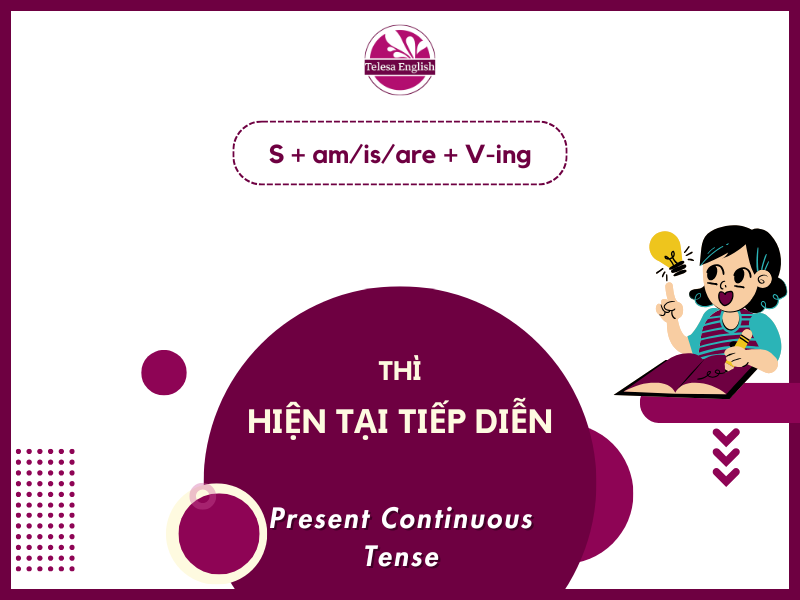
Trong bài viết này, chúng ta sẽ cùng nhau khám phá thì hiện tại tiếp diễn (Present Continuous Tense), một trong những thì cơ bản và quan trọng nhất trong tiếng Anh. Bài viết này hướng đến những người mới bắt đầu học tiếng Anh, với cách giải thích rõ ràng và các ví dụ cụ thể để giúp bạn hiểu và áp dụng một cách dễ dàng.
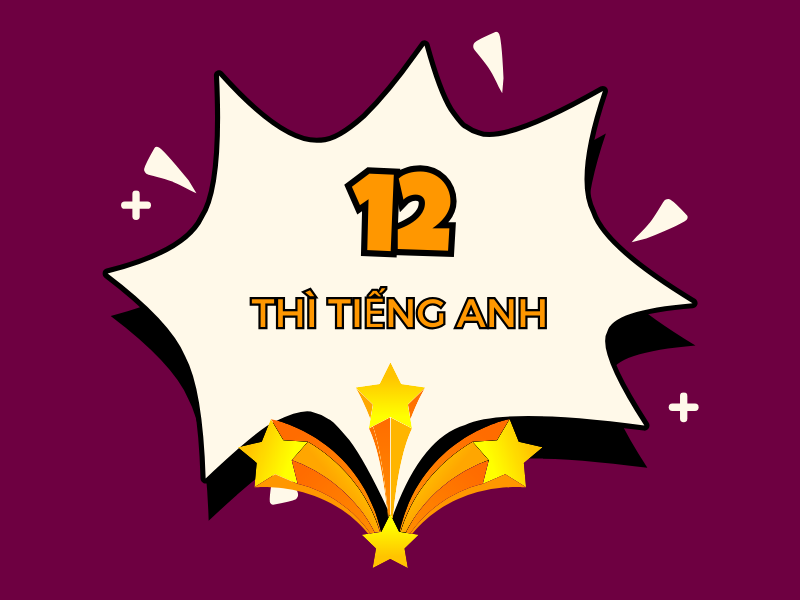
Một trong những kiến thức quan trọng nhất mà người học cần nắm vững là các thì trong tiếng Anh. Mỗi thì sẽ giúp chúng ta diễn đạt những hành động hoặc sự việc ở các thời điểm khác nhau, từ quá khứ, hiện tại đến tương lai. Việc nắm chắc 12 thì tiếng Anh sẽ giúp bạn tự tin hơn khi giao tiếp và viết lách. Trong bài viết này, chúng ta sẽ đi qua từng thì trong tiếng Anh, công thức và cách sử dụng cụ thể để giúp bạn hiểu rõ và dễ dàng áp dụng vào thực tế.
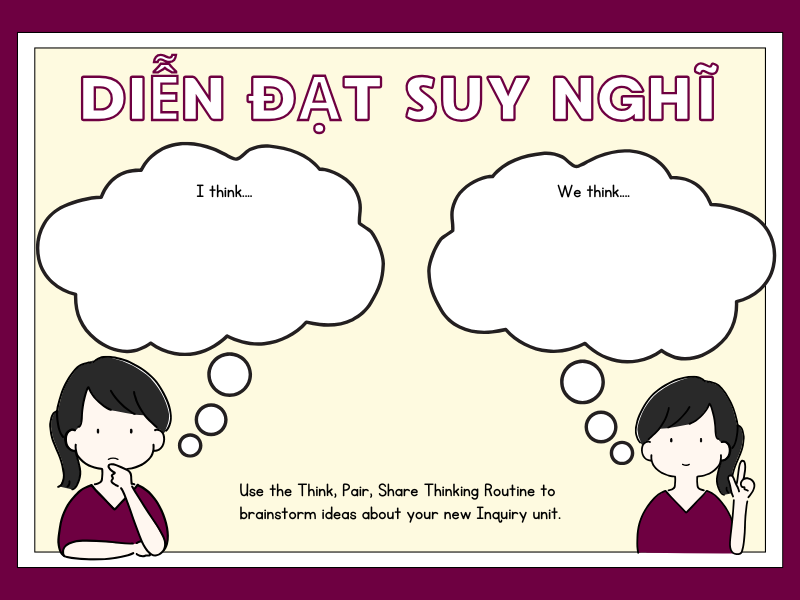
Dù bạn đang nói chuyện với bạn bè, đồng nghiệp hay tham gia một buổi phỏng vấn, việc truyền đạt ý kiến một cách rõ ràng và tự tin là rất cần thiết. Bài viết này sẽ giúp bạn làm quen với các cách diễn đạt ý kiến và suy nghĩ cá nhân một cách hiệu quả.
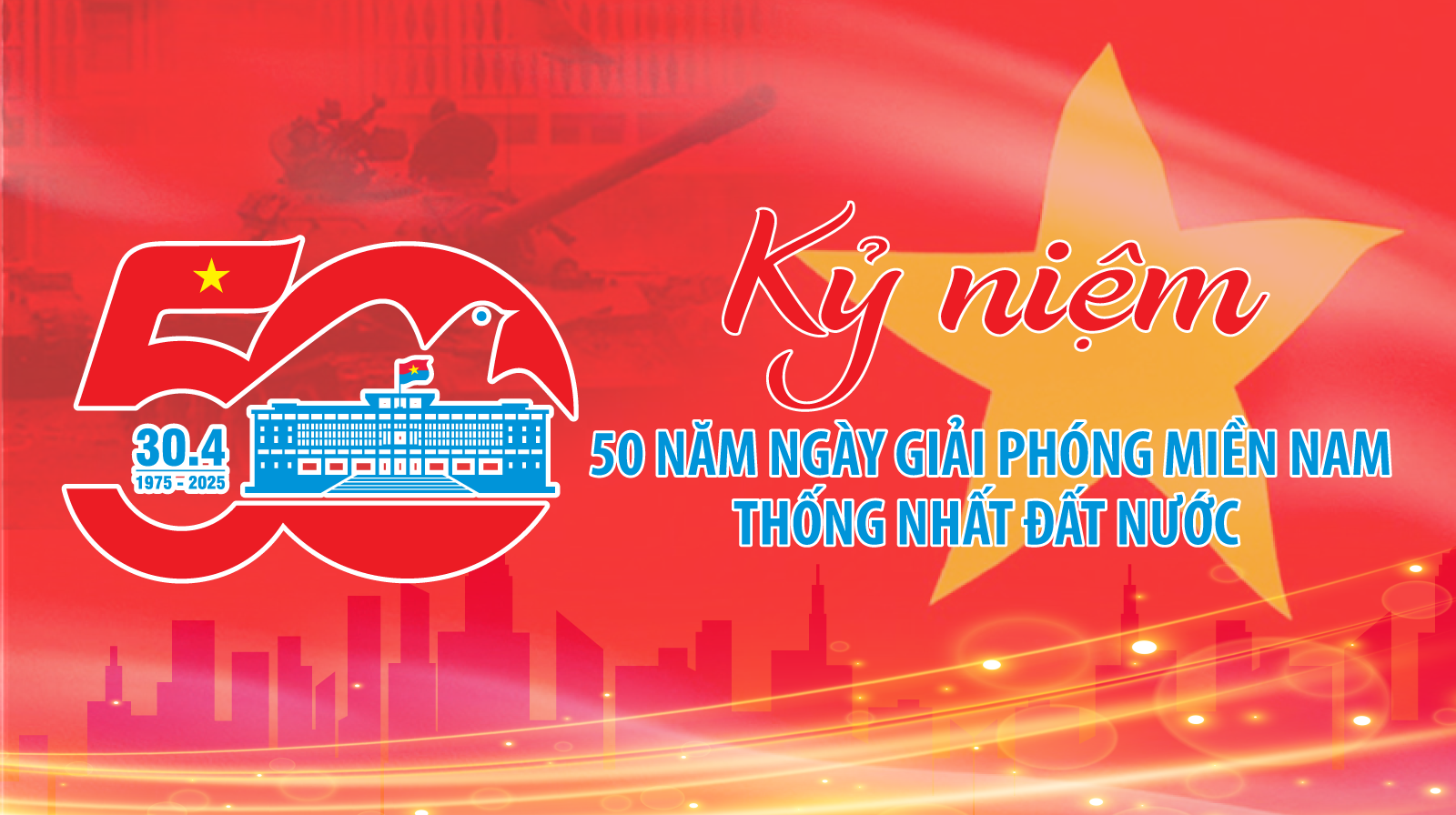
Hôm nay chúng ta cùng tìm hiểu về ngày kỷ niệm 50 năm giải phóng miền Nam, thống nhất đất nước. Sự kiện này diễn ra từ ngày 30 tháng 4 năm 1975 đến ngày 30 tháng 4 năm 2025. Đây là ngày rất quan trọng của Việt Nam. Trong bài viết, mình sẽ chia sẻ các cột mốc lịch sử và hoạt động chuẩn bị cho lễ kỷ niệm, với ngữ pháp đơn giản để các bạn dễ học.

Phát âm đúng đóng vai trò rất quan trọng trong việc học tiếng Anh và ảnh hưởng trực tiếp đến khả năng giao tiếp hiệu quả. Dưới đây là những lý do vì sao phát âm chuẩn là yếu tố cần thiết khi học ngoại ngữ, đặc biệt là tiếng Anh.

